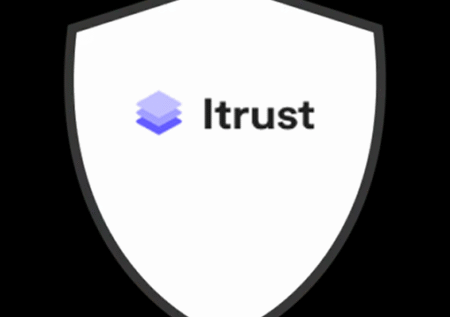Regulation and Licensing
The first step in choosing a forex broker is to ensure they are properly regulated and licensed by a reputable financial authority. Look for brokers regulated by organizations such as the Financial Conduct Authority (FCA), the National Futures Association (NFA), or the Australian Securities and Investments Commission (ASIC). Proper regulation ensures that the broker adheres to strict financial standards and provides a level of protection for your investments.
2. Trading Platform and Tools
A good trading platform is essential for successful forex trading. Look for brokers that offer user-friendly and reliable platforms like MetaTrader 4 or MetaTrader 5. These platforms should come equipped with a range of technical analysis tools, charting capabilities, and automated trading options. Test out the platform by using a demo account to ensure it meets your trading needs.
3. Spreads and Fees
Compare the spreads and fees charged by different brokers. Lower spreads mean lower trading costs, which can significantly impact your profitability. Be aware of other fees such as withdrawal fees, inactivity fees, and overnight financing charges. Choose a broker with competitive and transparent fee structures.
4. Customer Service
Reliable customer service is crucial, especially for new traders. Ensure the broker offers support through various channels such as live chat, email, and phone. Check if their customer service is available 24/7 and in your preferred language. Reading reviews and testimonials can give you insight into the quality of their customer service.
5. Account Types and Leverage Options
Different brokers offer various account types to cater to different trading needs. Look for brokers that provide a range of account options with varying minimum deposits, leverage, and access to additional features. Leverage can amplify both gains and losses, so choose a broker that offers leverage levels suitable to your risk tolerance and trading strategy.
6. Deposit and Withdrawal Methods
Check the deposit and withdrawal methods available with the broker. They should offer convenient and secure options such as bank transfers, credit/debit cards, and e-wallets. Ensure there are no hidden fees and that the process is straightforward and efficient.
7. Educational Resources
A good broker should provide educational resources to help you improve your trading skills. Look for brokers that offer webinars, tutorials, articles, and demo accounts. These resources are invaluable, especially for beginners, to understand the forex market and develop effective trading strategies.
By considering these factors, you can select a forex broker that aligns with your trading goals and provides a secure and efficient trading environment.
Avoiding Scam Brokers
Choosing a reputable broker is not only about finding the best trading conditions but also about avoiding potential scams. Here are some key indicators of scam brokers and red flags to watch out for:
Unfortunately, the forex market can attract unscrupulous individuals and companies looking to take advantage of traders. It’s vital to recognize the signs of scam brokers to protect your investments and avoid falling victim to fraudulent practices.
Red Flags to Watch Out For
- Lack of Regulation
- Scam brokers often operate without proper regulation. If a broker is not registered with a recognized financial authority, it’s a major red flag. Always verify the broker’s regulatory status.
- Unrealistic Promises
- Be wary of brokers that promise guaranteed profits or extremely high returns with little risk. Forex trading involves risk, and no legitimate broker can guarantee profits.
- Poor Online Reviews
- Research the broker’s reputation by reading online reviews and testimonials. Consistent negative feedback, unresolved complaints, and stories of fund withdrawals being blocked are signs of a scam.
- Pressure to Deposit More Money
- Scam brokers often pressure traders to deposit more funds quickly. They may offer bonuses or incentives that come with hidden terms and conditions, making it difficult to withdraw your money.
- Lack of Transparency
- A legitimate broker should provide clear information about their trading conditions, fees, and terms of service. If a broker is vague or refuses to answer your questions, it’s best to stay away.
- Unreliable Customer Service
- Test the broker’s customer service before committing. Scam brokers often have poor customer service or are difficult to reach. Reliable brokers provide prompt and helpful support.
By being aware of these warning signs and conducting thorough research, you can avoid scam brokers and ensure a safer trading experience. Always prioritize regulation, transparency, and reputation when selecting a forex broker.










